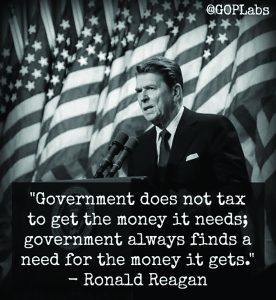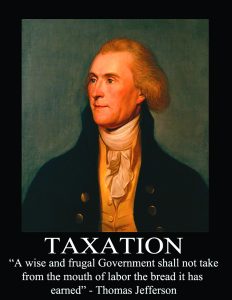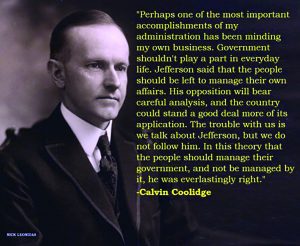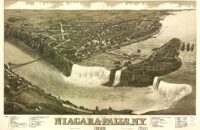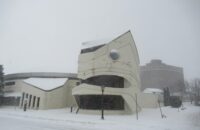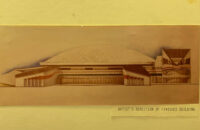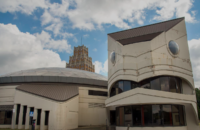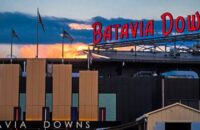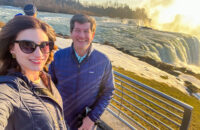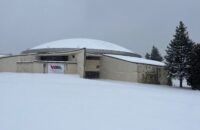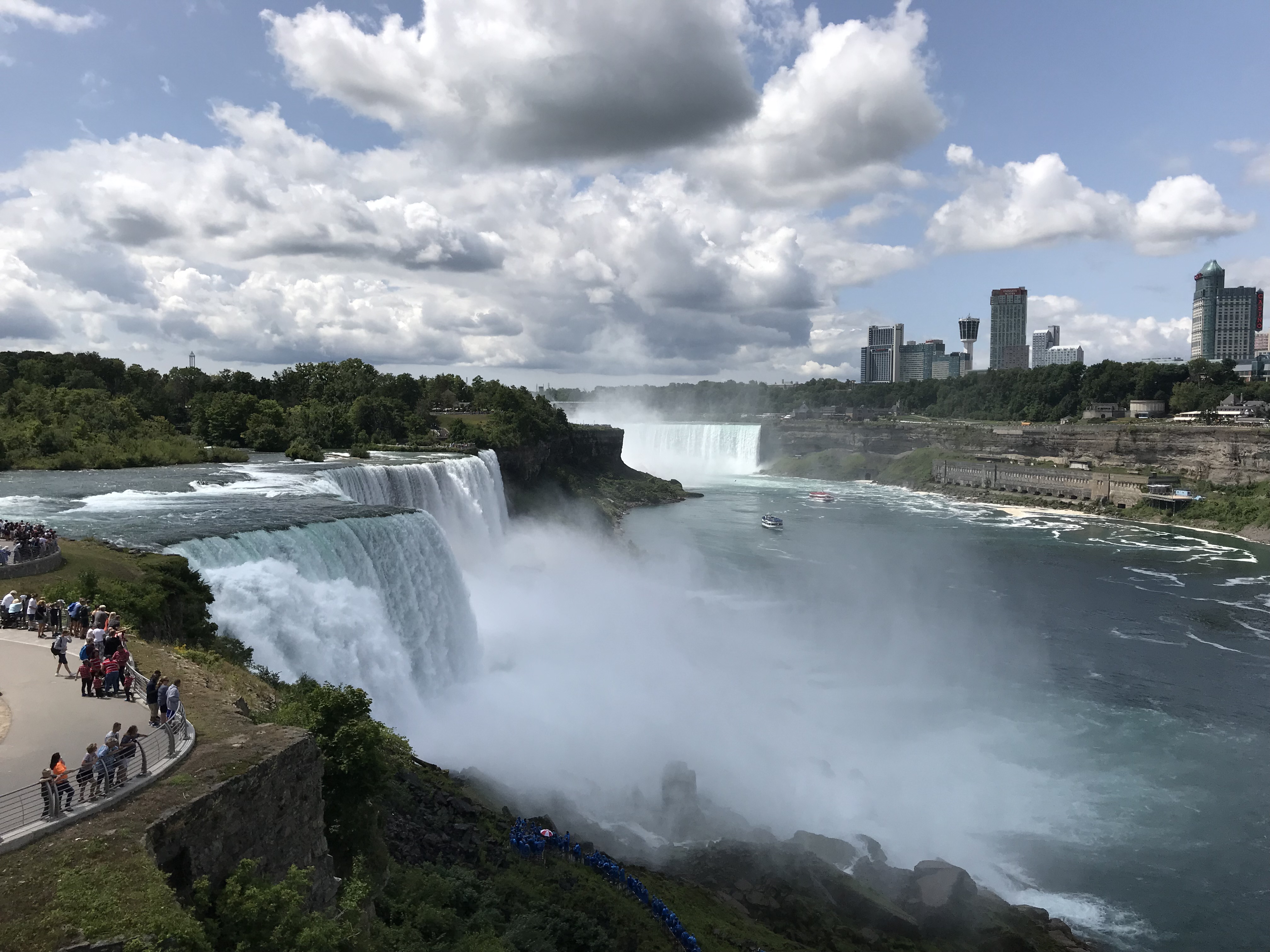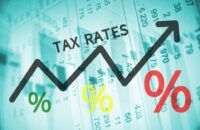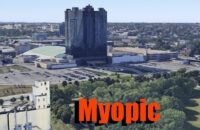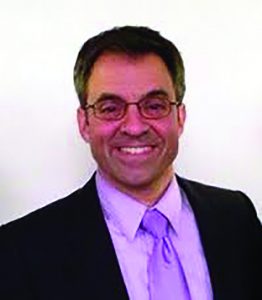
Niagara Falls City Council Chairman Andrew Touma says not everyone will see tax increases with his planned reassessment.
The first citywide property reassessment in 14 years is likely to begin in November, says Niagara Falls Assessor James Bird, with the new rates for taxpayers likely to be included with the school tax bill of August, 2018, if all goes according to plan.
“A lot of people believe it is a good thing to determine fair market value, starting with the city’s Financial Advisory Panel,” says Council Chairman Andrew Touma who expects Bird will present the plan to move forward with the reassessment at the council’s first session in September, including recommendations on an outside contractor who would conduct the revaluation at an expected cost of about $500,000.
Touma says the purpose of the reassessment is to ensure that all properties are assessed fairly at 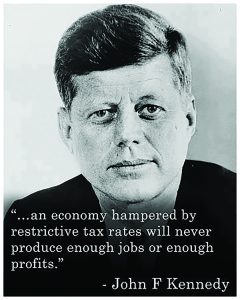 a uniform level, adding that no matter the results of the revaluation, the tax levy of $28.7 million would stay the same.
a uniform level, adding that no matter the results of the revaluation, the tax levy of $28.7 million would stay the same.
Both Touma and Bird stress that it is unlikely that property owners will see major up-or-down changes in their assessments, with the possibility of a 10 to 15 percent increase very rare.
In a recent Guest View column in the Niagara Gazette, Touma wrote “all assessments in Niagara Falls will be reviewed to determine where assessments should be increased, decreased, or remain the same. It is common that 1/3 of assessments will decrease, 1/3 will remain the same, 1/3 will increase.”
As Touma said again during an interview this week, the idea behind the revaluation is to determine fair market value, noting that properties become under assessed over time when assessments are not being regularly updated, causing inequities in the taxes property owners are paying.
“Even if assessments go up, it does not mean taxes will increase,” said Touma who is clearly concerned with reassuring homestead and non-homestead taxpayers in Niagara Falls that the reassessment of properties—which is going on in Buffalo and other communities across Western New York—does not automatically mean that tax rates will go up. But despite the words of Touma, who believes he has been elected to “do the right thing for the citizens of the city,” some property owners will undoubtedly be unhappy with their new assessment.
There is a grievance process in place for taxpayers who disagree with their assessment, said Touma, and each grievance will be thoroughly reviewed and evaluated as the city attempts to find the formula for fair and equitable full value assessments.
Currently, the city has a two-tier tax system, with the homestead rate at $17.98 per $1,000 of assessed value and the non-homestead rate at $32.55 per $1,000 assessed value. Touma thinks that as a result of the citywide assessment, there is a chance the two-tier system may soon go away.
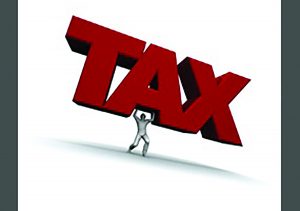
According to WalletHub, New York ranks as the worst state in America for taxpayers.
The average burden for state and local taxes is $9,718, which is 39% higher than the national average with average annual state and local taxes at $9,718.
This comparison was based on nine different types of taxation: real estate taxes, state and local income taxes, vehicle property taxes, vehicle sales taxes, sales and use taxes, fuel taxes, alcohol taxes, food taxes, and telecom taxes.
According to New York State’s Financial Restructuring Board for Local Governments, Niagara Falls is the highest taxed municipality in New York which, as mentioned above, is the highest state in the US.
Therefore, the City of Niagara Falls is the highest taxed municipality in the highest taxed state.
One cannot help but wonder, if, rather than work on a tax reassessment, city officials could work to cut taxes?
After the council has reviewed the assessor’s recommendations in September, a vote will likely soon follow and Bird says work would begin in November.
“As an assessor, I want tax rates to be assessed at where they should be,” says Bird. “We want everybody paying their fair share, and while some rates will go up and some will go down, the tax levy ($28.7 million) is the tax levy. And people unhappy with their revaluation can fight it,” echoing Touma’s words.
The process will begin at September’s first council meeting and taxpayers are expected to show up and have their say about the city’s first citywide revaluation since 2002, as some fear it will cause their tax rates to rise. That may be the case, in some instances, but Touma and Bird emphasize the purpose of the reassessment is not to punish anybody but to bring the assessments after 14 long years and work to make sure everybody is paying their fair share.

